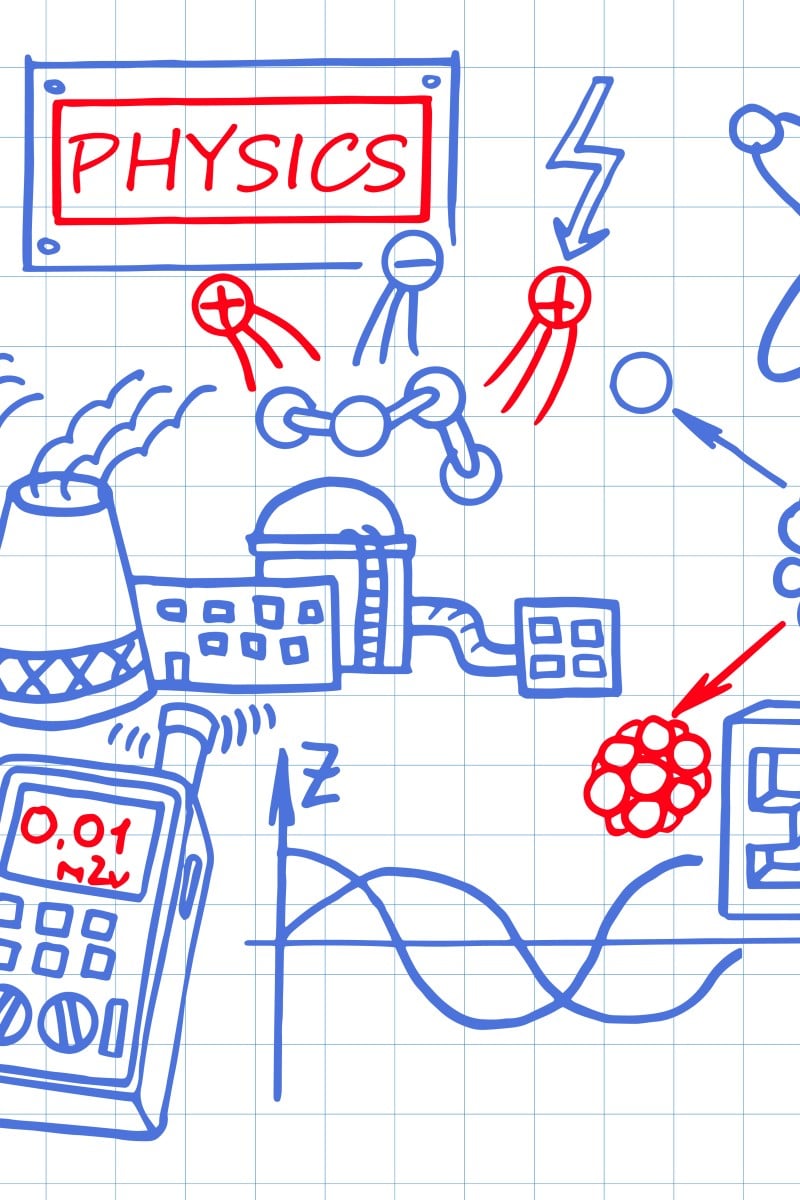
HKDSE 2019: Star tutors' advice on how to conquer your Physics exam
Published:
Listen to this article
Star Physics tutors CY Chau and Wayne Leung share tips on how to avoid common mistakes and which topics to focus on for the HKDSE Physics exam
Nicola Chan |
Published:
Sign up for the YP Teachers Newsletter
Get updates for teachers sent directly to your inbox
By registering, you agree to our T&C and Privacy Policy
Sign up for YP Weekly
Get updates sent directly to your inbox
By registering, you agree to our T&C and Privacy Policy